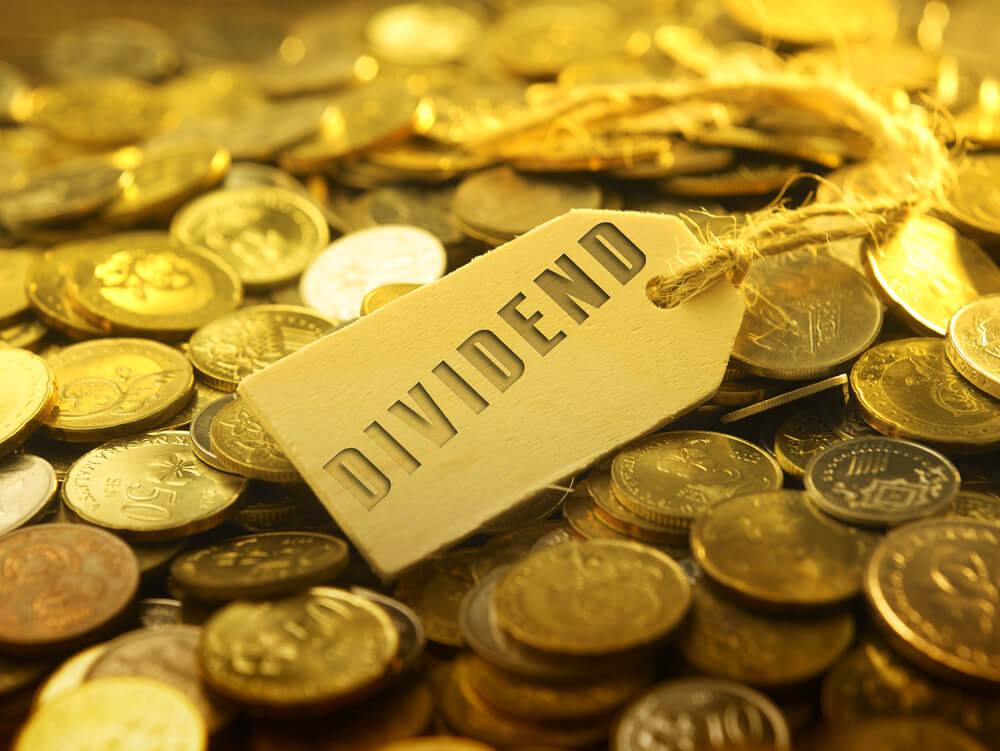Let us properly introduce to you the term
dividends, what it is, and how it works.
What are Dividends?
A dividend is the distribution of a portion in a company’s
earnings. The distribution is decided by the company’s board of directors and paid
to a division of its shareholders. Dividends can be issued as cash payments,
shares of stock or other property available to the company.
The company’s board of directors has the authority to choose
to issue dividends over various timeframes and payout rates. But they are
generally issued monthly or quarterly. It is also a common practice among
companies to issue special dividends per person or to everyone at the same time
with a scheduled dividend.
How does a Dividend work?
There are various dates that the company can use for issuance of
a dividend. Here are the terms that you should be aware of:
·
Dividend
Declaration Date: This is the date that the company’s board of directors
announces that a dividend will be paid. The board determines the amount paid
and when it will be paid to shareholders on record.
·
·
Ex-dividend
Date: Once a record has been determined, the ex-dividend date will then be
assigned by the stock exchanges or the National Association of Securities
Dealers (NASD). The ex-dividend date for stocks usually takes place two
business days prior to the record date. If you buy the stock before the ex-dividend date, then you
will receive the dividend payment. But if you buy the stock on or after the ex-dividend date, then
you will not be entitled to receive the dividend payment.
Why are Dividends important?
As an investor, you
can rely on dividends to become another source of income.
For instance, let’s say that you have retired and have a
significant portion of your investment portfolio in stocks. Even if the prices
of your shares increase over time, you won’t really be able to realize the
capital gains until you sell your shares.
However, if the stocks you have pay dividends, you will receive
checks in the mail for your share of the companies’ profits.
Ready to test out your skills in trading? Join us
at FSMSmart!
We’ll keep you updated about everything happening in the stock
markets. Never miss another opportunity. Register for an account today!





